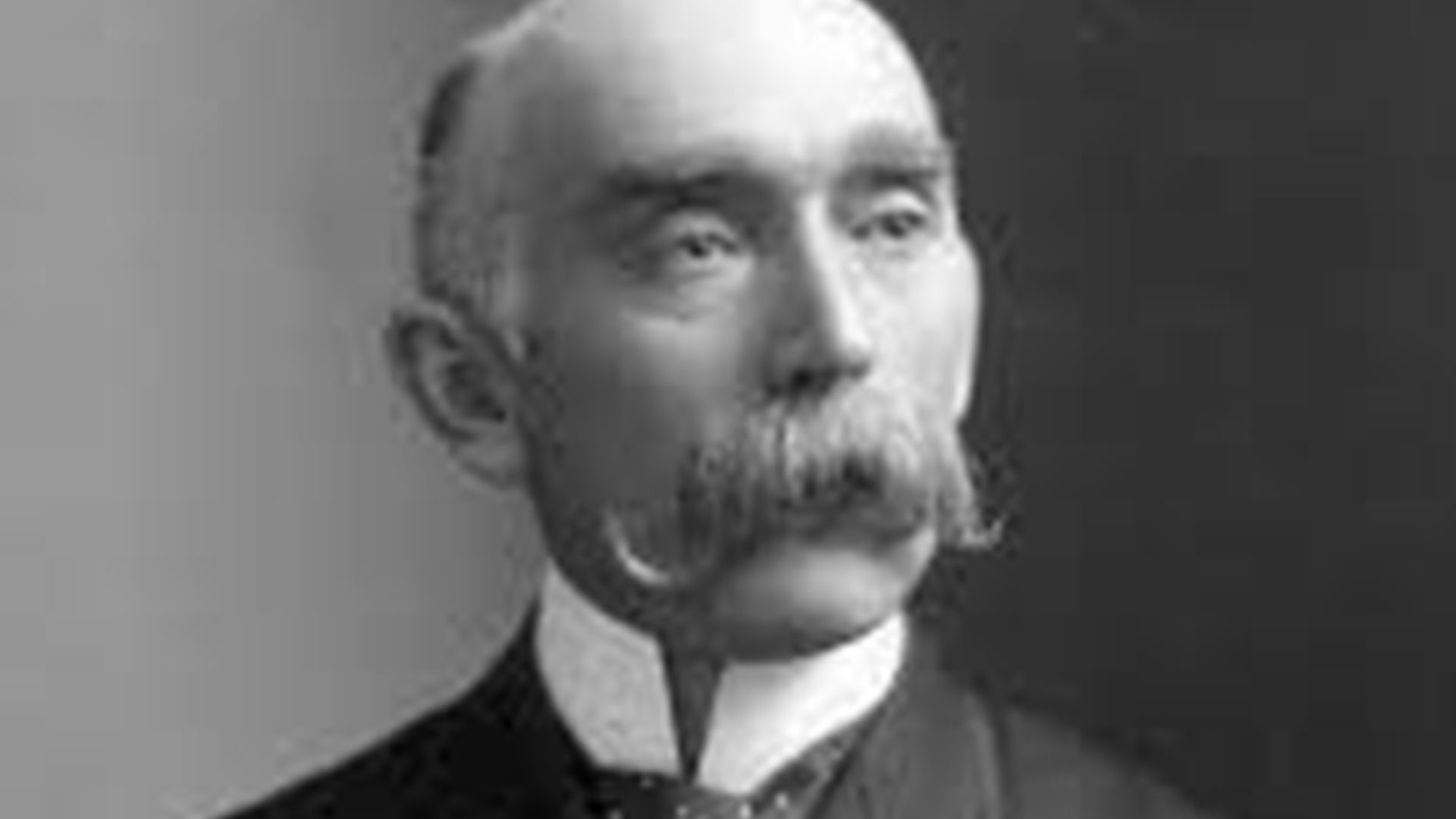A new short film aims to set the record straight on two important historical figures from the residential school era.
Duncan Campbell Scott was the top civil servant in what was then called the Department of Indian Affairs from 1913-1932.
Dr. Peter Bryce was the chief medical officer for the same department from 1904-1921.
Both men held strongly divergent views on the residential school system.
Scott believed First Nations children needed to be assimilated into white society and the residential school system was the best way to achieve this goal.
In numerous reports, Bryce documented the unsanitary conditions of residential schools, their detrimental health effects on children and the fact the schools served as hot spots for such diseases as tuberculosis.
He continuously called on the government to make improvements but was largely ignored and eventually fired.
Both men are buried in Ottawa’s Beechwood Cemetery.
The film was put together by Beechwood Cemetery and the First Nations Child and Family Caring Society.

It is based on a 1978 CBC Radio re-enactment of the writings of the two men including Bryce’s 1922 pamphlet: The Story of a National Crime.
Beechwood director of communications Nick McCarthy said it is important the cemetery reflect the true and most up to date history of the two men not only in the film but also on the plaques that accompany their gravesites.
“History was always written by those who vanquished the other people,” he said. “So, in this case we’re having Indigenous voices and we’re having people really talk about Indigenous issues from an Indigenous point of view. It’s very important and we’re seeing that more and more people are being receptive.”
Jennifer King of the First Nations Child and Family Caring Society said because of Bryce’s writings it’s clear Canadians were fully aware of the atrocities being committed in residential schools more than 100 years ago.
“He was one of the early, if not the first, whistle blowers of the residential school system and from his story we learn that people of the time did know better,” she said. “And I think that’s something that Canadians in general are still reckoning with.”
Erika Wagner is the programming coordinator for the Beechwood Cemetery Foundation and she put together the video that accompanies the radio program.
She said it was an eye-opening experience.
“It was shocking, horrifying, that all this information about the schools and statistics was there so early,” she said. “In 1907, he (Bryce) put the first document out to Duncan Campbell Scott and the reason he didn’t try to fix anything was money.”
The film runs at Beechwood Cemetery until Friday evening as part of National Day of Truth and Reconciliation activities.









